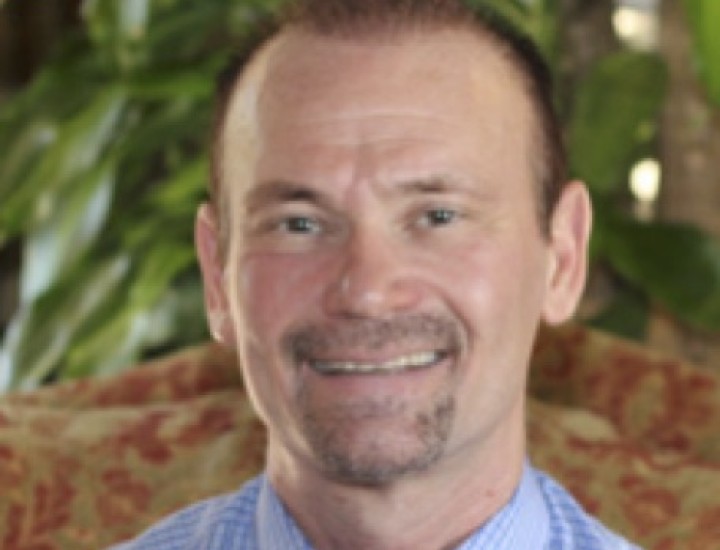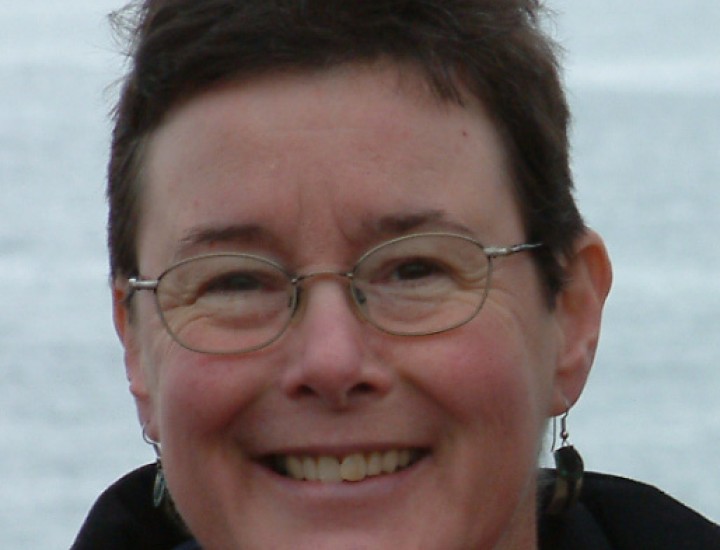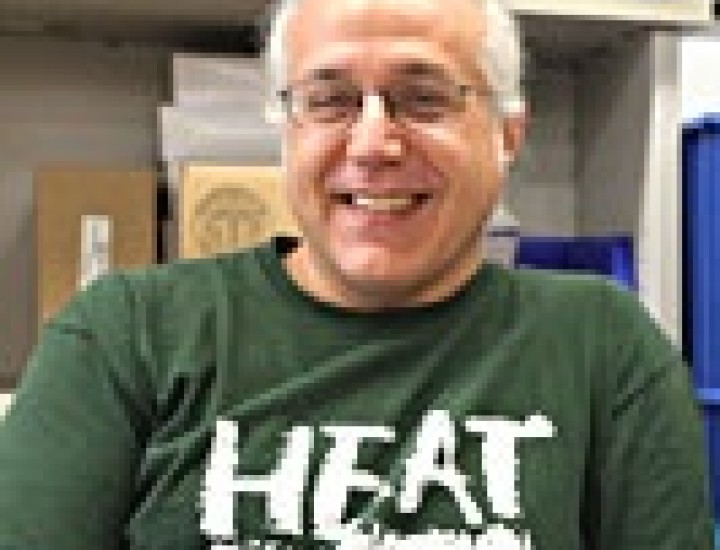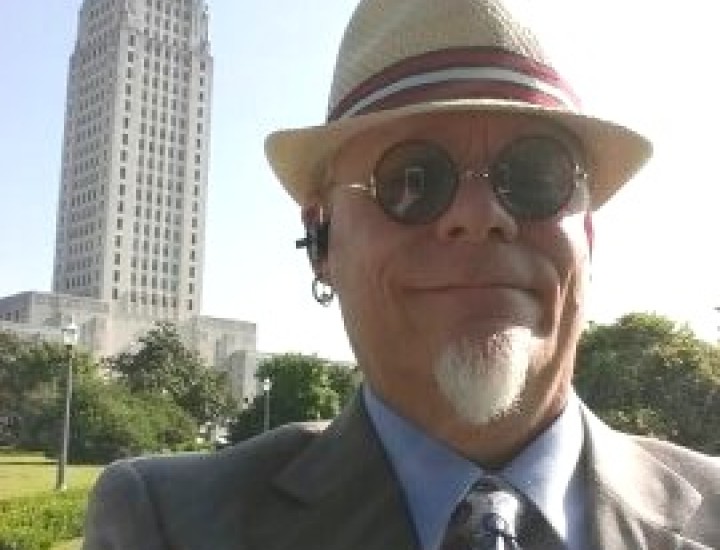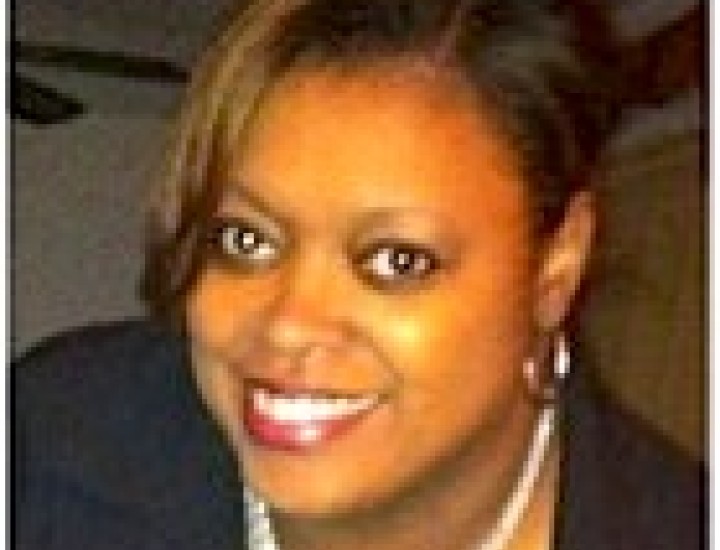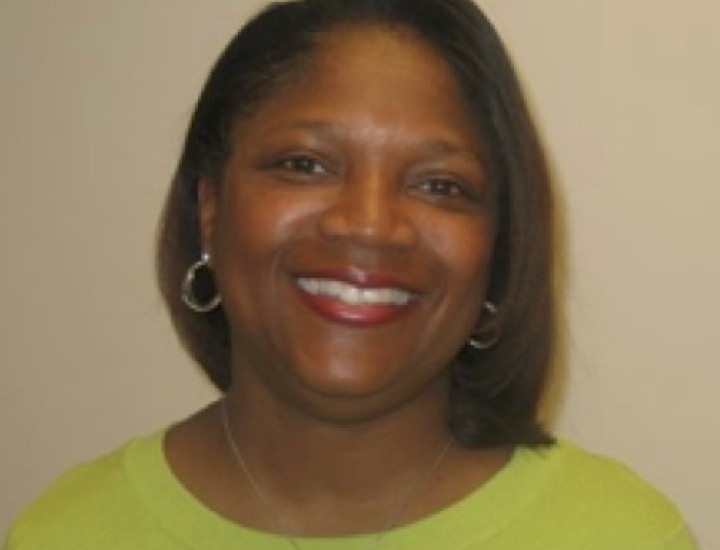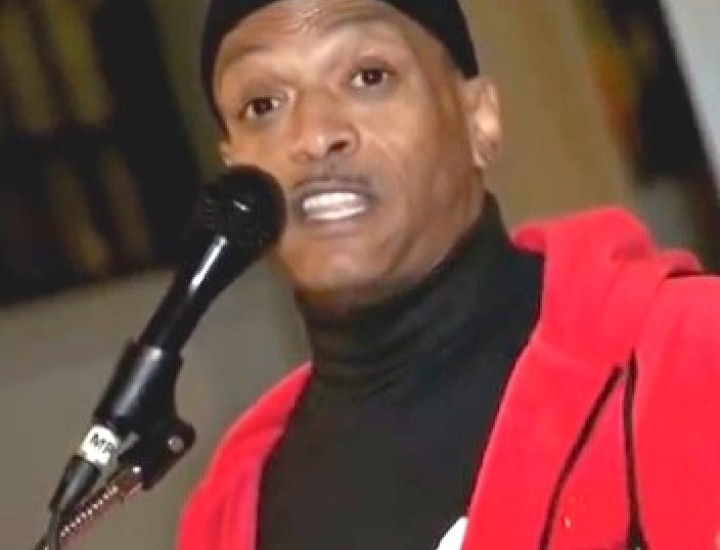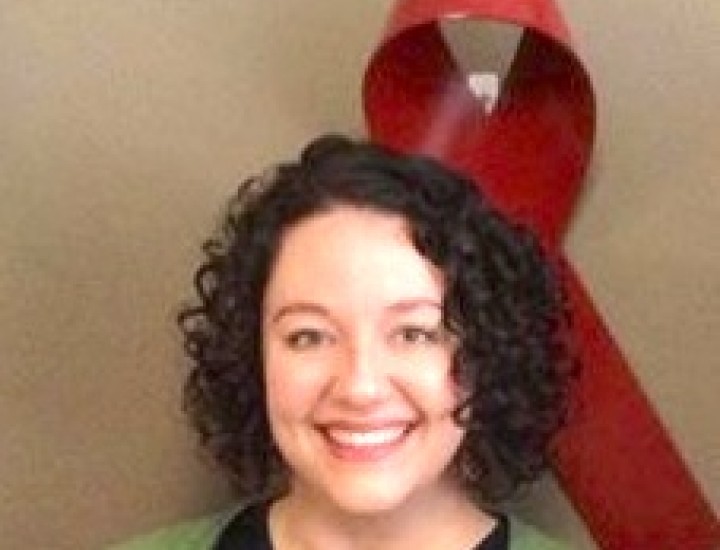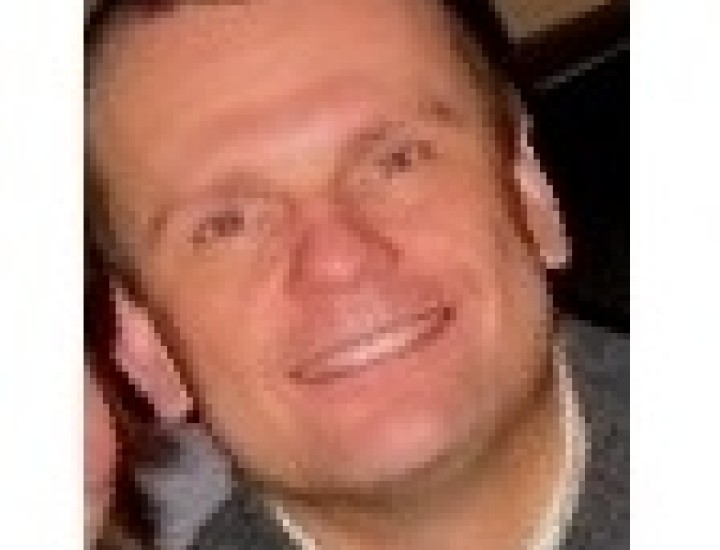Unsung Heroes: Marco Castro-Bojorquez Community Educator, California
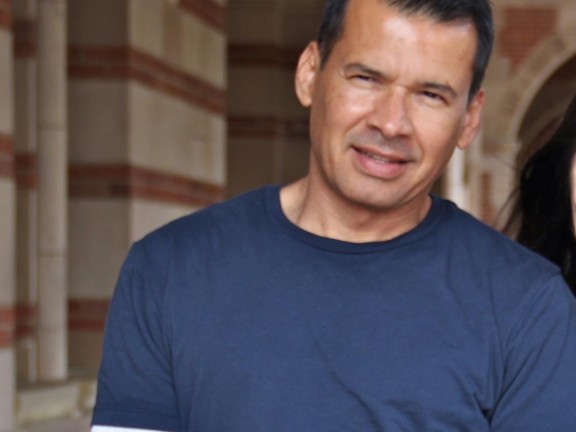
Marco Castro-Bojorquez is a Community Educator for the Western Region for Lambda Legal, a national legal organization working for full recognition of the civil rights of LGBT people and people with HIV. He is responsible for the coordination and implementation of various educational and advocacy efforts in eleven states of the western region that actively engages the LGBT community and its allies in an ongoing fight for equality and justice. Marco identifies as a queer immigrant Latino and HIV positive man. He was interviewed by CHLP’s Andrea Sears.
Andrea Sears You recently participated in a webinar with several other advocacy groups discussing HIV criminalization in California. How did that fit in with the kind of advocacy efforts that you are engaged in?
Marco Castro-Bojorquez That webinar was a collaboration with The Center for HIV Law and Policy, the Williams Institute and Lambda Legal. It brought a group of advocates in California together so we could all be on the same page about the language and history of California’s HIV criminalization statute. We also engaged in discussions of decriminalization efforts and we talked to community advocates about what we can continue to do.
The California HIV criminalization laws are not as draconian as in other states, but we have the opportunity to change the laws. To criminalize people because they are HIV positive is wrong, period. We have the opportunity to engage in meaningful change so other states can feel inspired or determined to change their laws.
It’s really important for us to continue challenging laws that negatively impact people who are the most marginalized, in this case, HIV positive people. So I hope that we’re able to start a process where, at some point, no one will be put in jail because they are HIV positive.
AS How are being gay and being HIV positive perceived in that Latino community?
MCB The reality is very complex. The Latino community in the U.S., and specifically in Los Angeles and in San Francisco, the two cities where I have lived for the past 20 years, holds family, respect and, often, religious views in high regard. So to come out of the closet as a queer man in my community, there are a series of cultural barriers that need to be overcome for folks to really understand and fully accept someone like myself.
On top of that, if we talk about someone being HIV positive, there are myths and beliefs in our community that make it very difficult for someone to feel comfortable being open about all of these identities. A lot of the time, someone who is HIV positive within the Latino community is seen as being responsible for carrying that virus because of his or her sexual orientation or gender identity.
So it is a very complex situation. But I also want to say that, because of the work that I have been doing with the Latino community for over 15 years now, I am very certain that our community is willing and able to change their hearts and minds. The difficulty is the lack of resources that are in place for us as Latinos. If we provide culturally relevant information to folks in our community, I feel that the struggle – and LGBT acceptance – will be less difficult within Latino settings.
AS How does this affect the ability of people in the Latino community to access HIV services?
MCB It does put up a lot of barriers. Let’s talk about Latino immigration and HIV. In Los Angeles, there is a huge number of immigrants who live here and also sometimes go back and forth to Mexico. And I think this phenomenon of constant mobility, so to speak, impacts immigrants, especially if they are undocumented. There is fear about approaching institutions that may put them into deportation proceedings. We have seen people who have been kicked out of the country that way.
The language barrier is also a huge issue for community members who are monolingual. And then there are also different attitudes about sex. Coming to this country is a cultural shock for people who have lived in areas where they could not be as free to express who they are and to be who they are. It provides them with opportunities, experiences and challenges that may put them at risk.
There is absolutely a socio-economic aspect to the experience of undocumented immigrants in this country. And then within the Latino community, there are a few groups, especially transgender women of color and youth of color, who are negatively impacted in a more significant way around HIV.
With some youth, for example, they may not come out of the closet because there is a lack of family acceptance. They may be afraid to speak about their gender identity or sexual orientation, let alone being HIV positive. And so it is very hard for people to be able to thrive when they are living in silence when it comes to queer issues or HIV.
AS So confidentiality is a big issue for the Latino community in dealing with family and for accessing the healthcare.
MCB It is a big and complex issue. I know that a lot of young people, for example, do not get medical help or get tested for HIV because their parents do not even know that they are queer, and they are afraid that their parents are going to find out.
The stigma that exists in our communities also has a negative impact. I know friends and people who have learned that they are HIV positive but, because of the stigma, have not gotten treatment for the longest time and ended up suffering horrible health consequences. We need a better way to deal with these issues, to really empower people so they can feel that being HIV positive does not make them a bad person. They were just doing what many people do. The idea that they are marked for life because they are HIV positive is ridiculous.
AS What motivated you to become involved in the work that you do? Did you have a particular experience or know someone who inspired you?
MCB Yes, I feel that there is a fire within me to do social justice work. When I first came to this country in the 1990s I used to take care of this Latino man. His name was Mario and he was having a really hard time with HIV complications. I remember navigating the system with him as a new immigrant myself, but perhaps with a little bit more command of the language, and maybe more education and awareness. I struggled with him going to the hospital, getting all the services that he needed, and his medications. My boyfriend and I basically took care of him. At that time, a lot of people were dying and Mario was struggling a lot. Especially seeing my boyfriend and I being young, going out, and being in love. He was losing his life but he always managed to have an amazing way to be when we were around and that inspired me. After months of struggles with his health, a group of friends and I raised money and were able to get a ticket for him to fly back to Mexico where he passed away.
It was a very humbling experience for me. Whenever things get difficult I think about Mario and it makes a big difference for me. So I always dedicate my work around HIV to Mario because he was the first person who was HIV positive who became a true friend. And I hope that the little that I do for our community makes a difference.
CHLP’s Unsung Heroes is a series of portraits included in The Fine Print blog of individuals who are contributing mightily, without fanfare, to keep our issues, needed agencies, and members of our communities alive.
